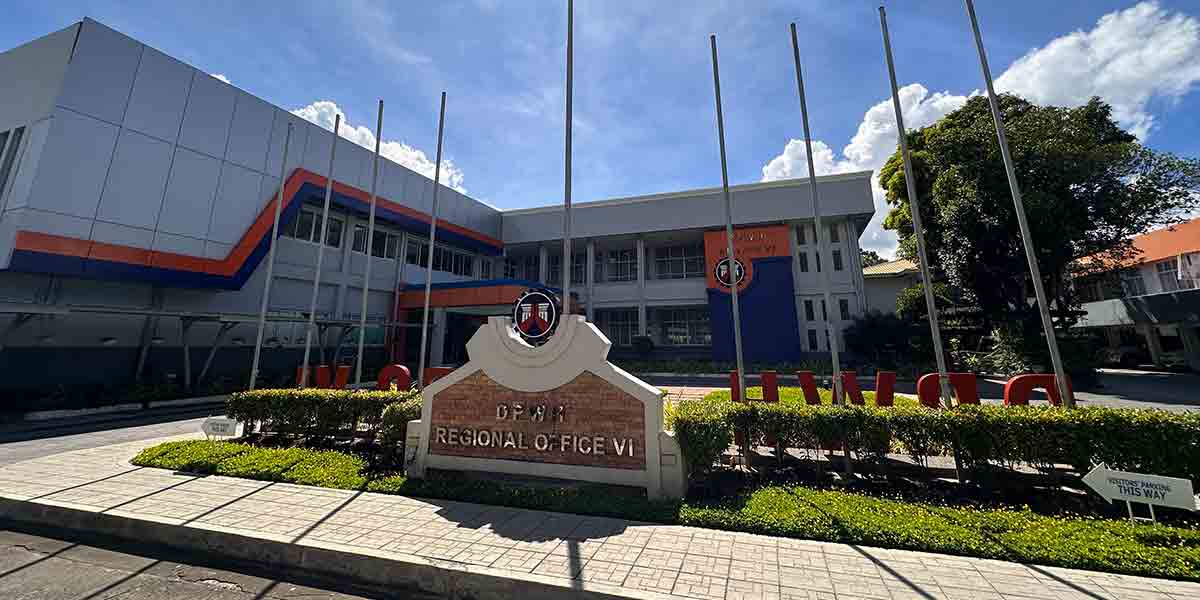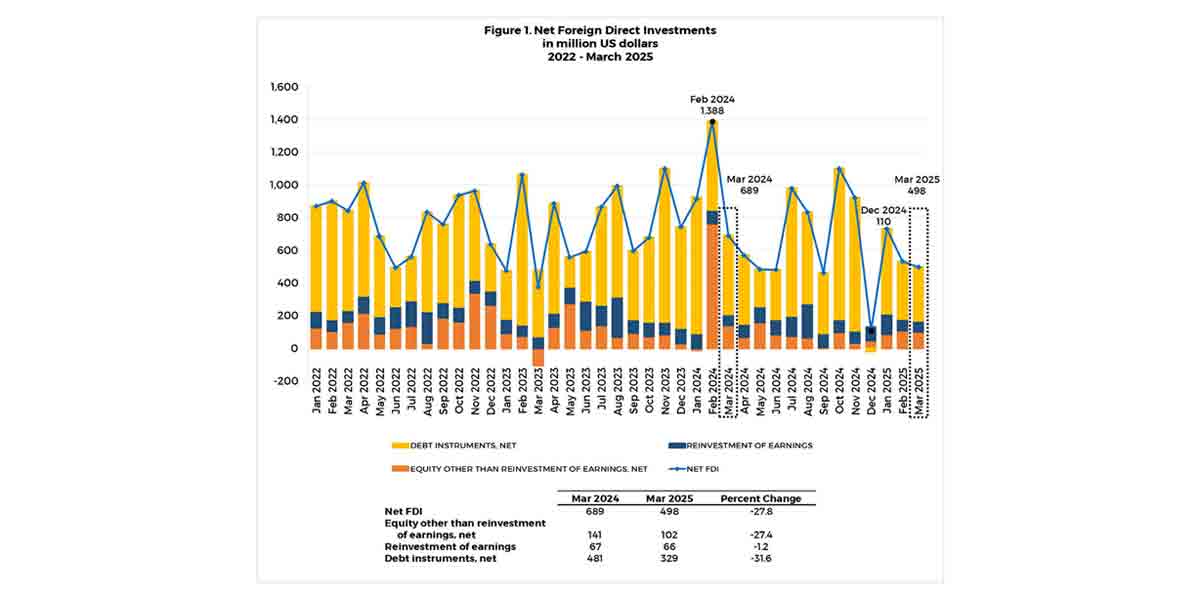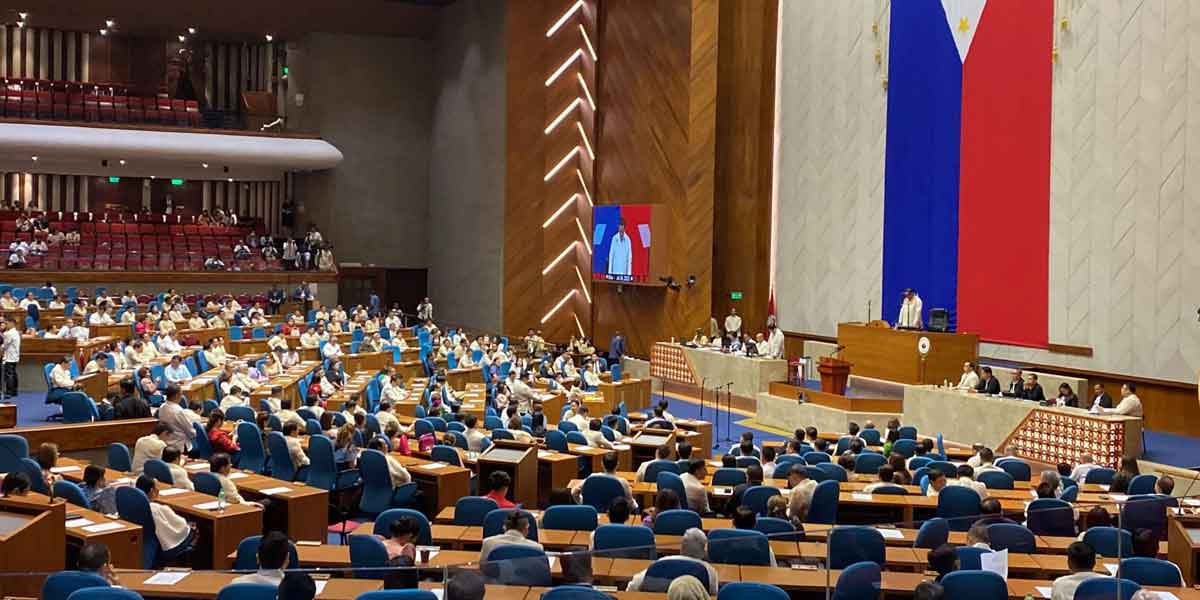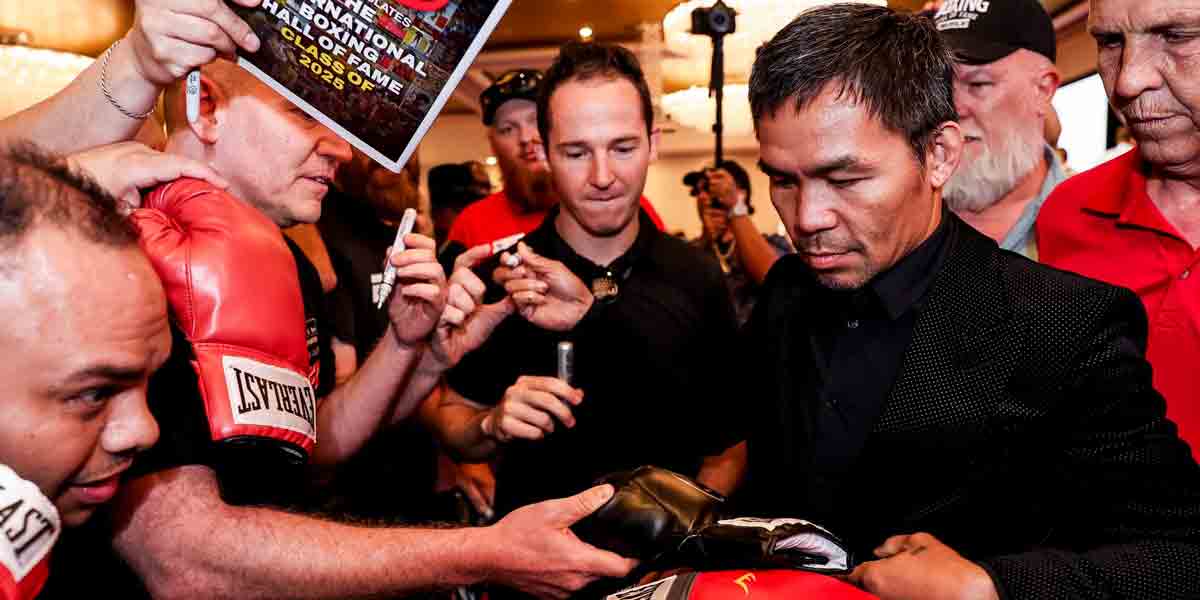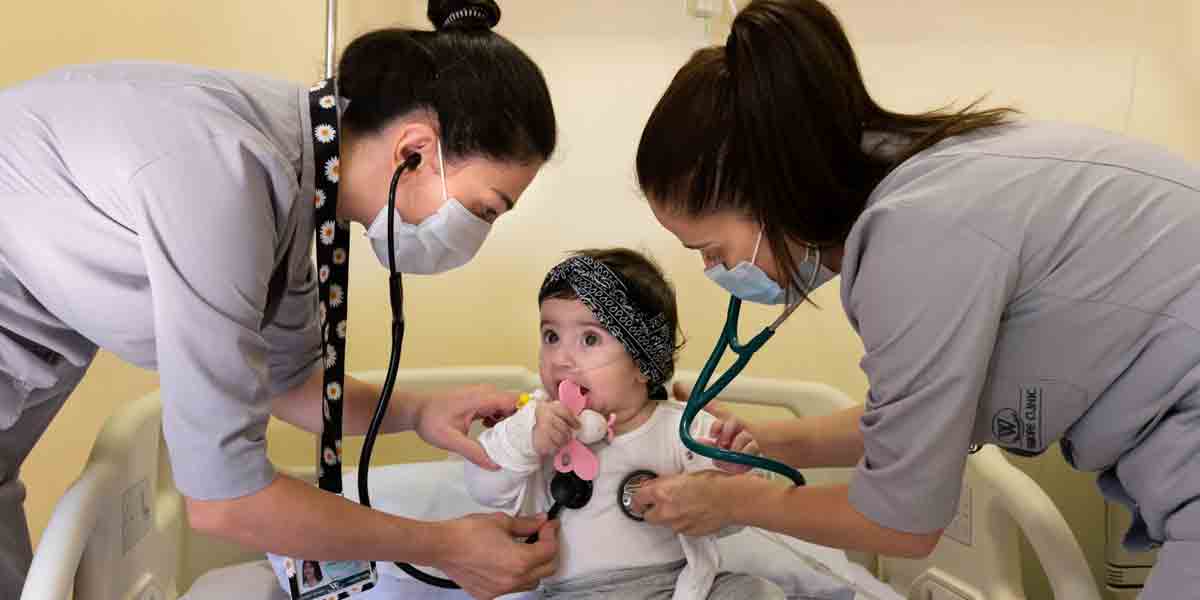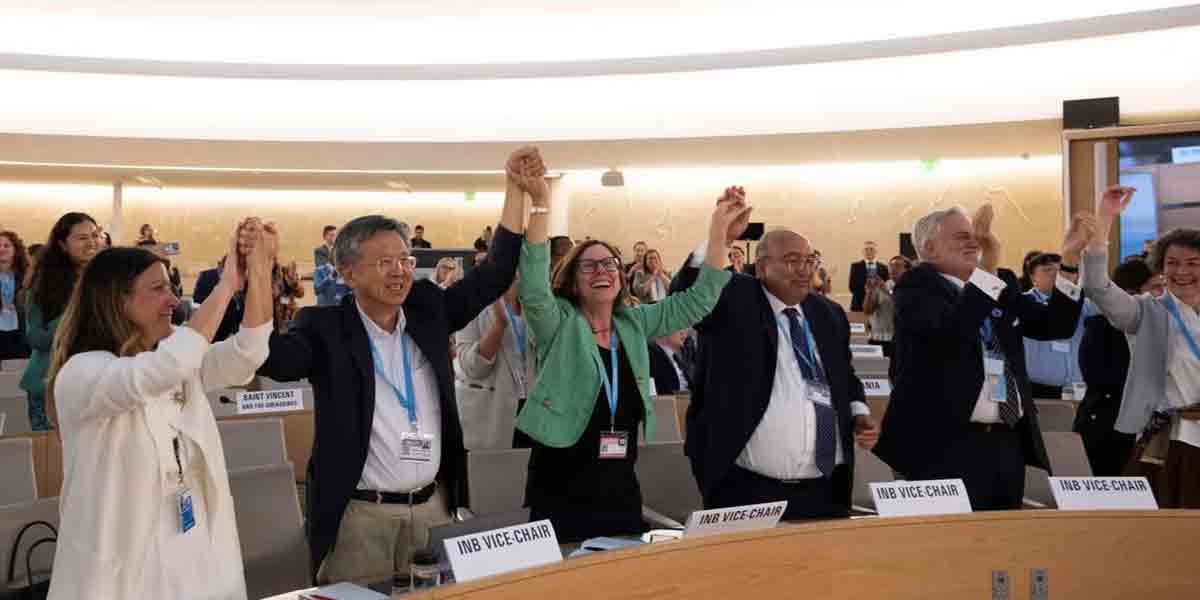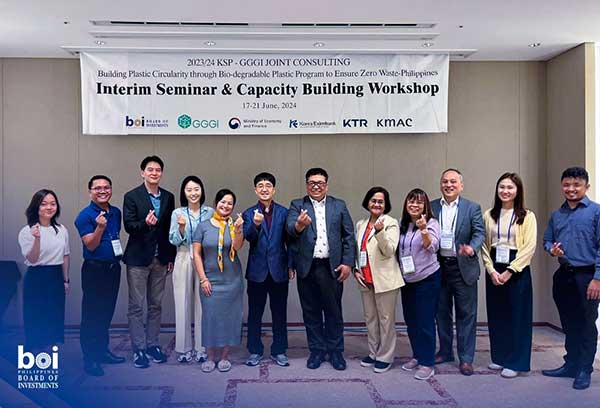
SEOUL, SOUTH KOREA – The Board of Investments (BOI), through its Resource-Based Industries Service (RBIS), led an eight-member Philippine delegation in a five-day industry familiarization activity in South Korea.
The mission aims to gather insights for the formulation of the Philippine Bioplastics Industry Roadmap.
Drawing from South Korea’s successful bioplastics industry, the benchmarking activity is part of the “Building Plastic Circularity through Biodegradable Plastic to Ensure Zero Waste in the Philippines” Project.
The project is a collaboration between the BOI, Global Green Growth Institute (GGGI), and the Korea Export-Import (KEXIM) Bank.
BOI Director Raquel B. Echague, who led the delegation, emphasized the importance of this initiative. “The knowledge and practices we have observed here in South Korea will be invaluable as we develop our own bioplastics industry roadmap,” she said.
The delegation included officials from the Department of Science and Technology (DOST), Climate Change Commission (CCC), Philippine Plastics Industry Association, Inc. (PPIA), Philippine Alliance for Recycling and Materials Sustainability (PARMS), and Sustainable and Compostable Horizons Industry (SACHI) Group, Inc., a local manufacturer of bio-bags.
South Korea’s bioplastics industry, initiated in 1993, has grown significantly. In 2023, its production capacity reached 320,000 tons, accounting for 15% of the global biodegradable bioplastics production.
The growth was driven by policy support, multi-stakeholder coordination, robust testing and certification systems, dynamic consumerism, and aggressive investments.
Strategic Discussions and Future Plans
During the visit, participants received lectures on bioplastics testing, certification, and R&D strategy. They visited the KTR testing laboratory and KRICT Biodegradable R&D Facility, learning about best practices and policy options that contributed to South Korea’s industry development.
The DOST was informed of the need for enhanced R&D and testing facilities, while the CCC committed to developing a policy framework emphasizing the role of bioplastics in reducing plastic waste pollution and mitigating climate change.
Discussions were also held with CJ CheilJedang, a major Korean company involved in biopolymer production. The BOI aims to position the Philippines as an attractive destination for future investments from Korean companies like CJ, LG Chem, SK Chemical, and Lotte Chem.
At the culminating event, Director General Taekon Kim of the Korea Bioplastics Association noted, “South Korea is closely monitoring Southeast Asia for potential investment partnerships in bioplastics. The region’s biomass and feedstock production advantages, along with growing demand for bioplastics, make it an attractive investment destination.”
Director Echague highlighted the strong trade and investment partnership between South Korea and the Philippines, reinforced by the recent signing of the Philippines-Korea Free Trade Agreement and the ongoing bioplastics road mapping project.



